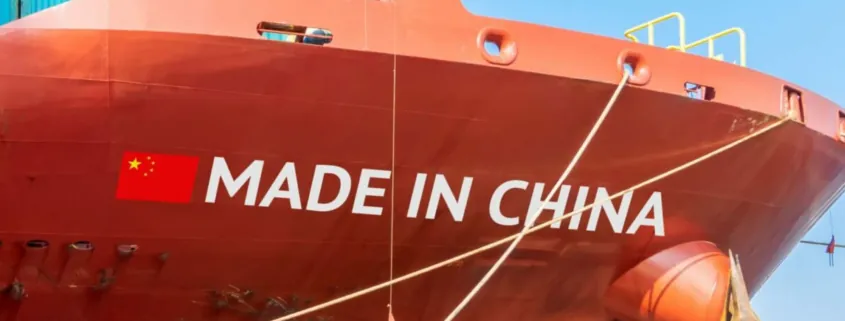Vaping Industry Navigates Global Trade Tariffs Impact
Vaping Companies Shift Manufacturing to Indonesia Amid U.S.-China Trade Tensions
The vaping industry faces a significant challenge as global trade tensions, particularly between the United States and China, continue to escalate. With the U.S. poised to increase tariffs on Chinese imports, vaping companies must adapt to avoid skyrocketing costs, supply chain disruptions, and diminished competitiveness in one of the world’s largest markets. This article explores the impact of these tariffs on the vaping industry and how companies are responding to secure their future growth.
The vaping industry heavily relies on hardware manufactured in China, making it particularly vulnerable to the ongoing trade tensions between the U.S. and China. Currently, vaping products imported from China face a 25% tariff, but this could potentially double or even increase to 100% under future U.S. administrations. Such tariff hikes would effectively double the cost of Chinese-made hardware, driving up retail prices for all such products in the U.S. market. This scenario threatens the financial viability of vaping companies and the availability of affordable, high-quality products for consumers.
Recognizing the potential for increasing tariffs and broader geopolitical challenges, some vaping manufacturers have begun shifting their operations from China to other countries, such as Indonesia. This decision is not made lightly, as China has long been a global leader in manufacturing efficiency with a robust infrastructure and supply-chain network. However, Indonesia offers several key advantages to manufacturers:
- Favorable trade agreements with major markets like the United States, the United Kingdom, and the European Union, including a new free trade agreement with the U.K. that eliminates tariffs on products moving between the two countries.
- A robust manufacturing ecosystem and skilled workforce, enabling companies to continue delivering reliable, innovative hardware without the added burden of excessive tariffs.
By establishing operations in Indonesia, vaping companies can mitigate the impact of global trade tariffs and ensure a more stable supply chain.
The shift to Indonesia reflects a broader trend in global manufacturing as companies across industries reevaluate their supply chains to reduce dependence on any single country. This global redistribution of resources presents both challenges and opportunities:
- Manufacturers must build new infrastructure, secure reliable suppliers, and maintain quality control in unfamiliar territories.
- Companies that successfully navigate these changes benefit from more resilient supply chains, reduced geopolitical risk, and greater flexibility in responding to market shifts.
Shifting manufacturing bases also brings new compliance considerations. Regulatory bodies like the U.S. Food and Drug Administration (FDA) require Premarket Tobacco Product Applications (PMTAs) for vaping devices, which are tied to specific manufacturing facilities. Changing production locations requires amendments to existing PMTAs or new submissions. Manufacturers must ensure that new facilities meet the highest quality and compliance standards to keep their products market-ready.
Looking ahead, it’s clear that trade tariffs and global manufacturing shifts are not short-term challenges. Protectionist trade policies are likely to persist or even intensify, regardless of who occupies the White House. The vaping industry must prepare for this new reality:
- Companies that fail to diversify their manufacturing operations face mounting costs and increasing vulnerability to trade disruptions.
- Those who invest in flexible, resilient supply chains will be well-positioned to thrive.
The ability to anticipate trade disruptions, embrace innovation, and maintain rigorous quality standards will determine who succeeds in this ever-evolving market. Companies that adapt to these challenges will lead the way, securing long-term growth and competitiveness in the face of global trade tariffs.
- Bestselling Vapes in UK After Disposable Ban: What to Stock 2025 - August 8, 2025
- Argentina Debates Stricter Vape Laws Amid Prohibition Failures - August 8, 2025
- Nigeria Advocacy Group Urged to Hike Tobacco & Vape Tax by 100% - August 8, 2025







